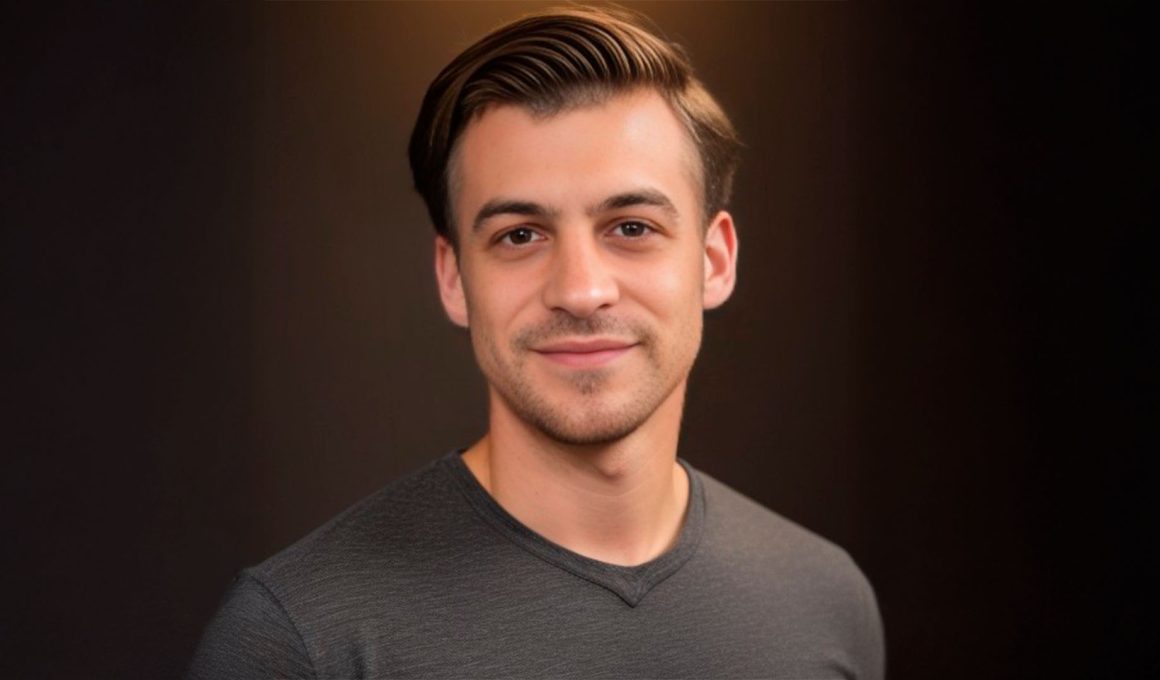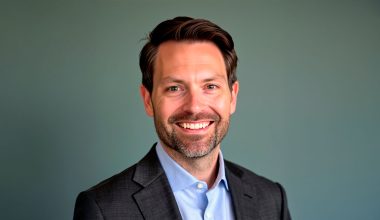Healthcare workers spend their days trapped by outdated systems. They sit on hold for prior authorizations, make endless appointment reminder calls, and navigate clunky voice recording systems that waste precious time. Evan Bridwell, President of Allyzent, has seen this problem up close and believes practical AI can fix it without the chaos that usually comes with new technology.
Eliminating Repetitive Healthcare Tasks
Bridwell didn’t set out to revolutionize healthcare with flashy AI. His goal was simpler. “For me, it was helping eliminate interactive voice recording systems and dial-by-number directories,” he says. These small frustrations add up to big problems across medical organizations. The real issue isn’t just efficiency. It’s what happens to good people when they get stuck doing mind-numbing work. “When people are bogged down by the same repetitive workflows day in, day out—making appointment reminder calls, sitting on hold to wait for prior authorizations—when you eliminate those things from the daily workflow by adding AI, you allow the people who were stuck with those tasks that are necessary but soul-crushing to be creative,” Bridwell explains. “You augment your staff, not replace them.”
Building Practical AI for Healthcare
Silicon Valley loves to “move fast and break things.” Healthcare can’t work that way. He calls his approach “practical AI” because it focuses on solving specific administrative problems rather than trying to do everything at once. “We build it to solve administrative problems. We design it to take over these tasks that are repetitive,” he says. “When you approach that from a controlled standpoint, you run less risk of error, hallucinations, and you are able to build trust.” Trust matters more in healthcare than almost anywhere else. Bridwell gets this. “A lot of Silicon Valley and the tech world has moved too fast and broken things, but it’s the exact opposite in healthcare. You have to move slowly. You have to garner trust. And the way you do that is not by throwing crazy solutions at problems, it’s coming up with practical ways to address these.”
Most healthcare organizations run on legacy systems that seem impossible to update. Bridwell’s team tackles this by starting small and building connections instead of ripping everything out. “Our approach there is going to be to move slowly, move practically, starting from the lowest point of entry where we’re figuring out how to incorporate within these antiquated and legacy systems the ability to allow them to start communicating actually with modern systems through use of AI agents,” he explains. He can’t reveal all the technical details yet, but Bridwell says the solution is more straightforward than people expect. “It’s complex in what’s required to do it, but when laid out the way it works, it’s a no brainer. It’s something that I’m sure many companies have thought why can’t we just do that and then just have never figured out a way from a technical standpoint to make that happen.”
Protecting Healthcare Data With AI
Healthcare AI has to meet strict security standards. Bridwell’s team built their system with limited access from the start. “There’s a very limited scope of access on both our team and the user side. The administrative access to anything vulnerable, anything data related, anything actually in the medical records or the health records is abstracted from the work processes of our team.” They keep client data secure within existing systems while handling interactions through their own HIPAA-compliant AWS environment. The AI only touches administrative tasks, staying away from actual health records.
Bridwell brings an unusual background to healthcare AI. He’s worked in gaming, software, manufacturing, and mental health tech. Some might call that scattered, but he sees it differently. “The expression ‘jack of all trades’ comes to mind, and we always forget the second half of that. A jack of all trades but master of none is still often better than master of one,” he says. This variety helps him spot opportunities others miss. “I see places that our AI could permeate. I see other verticals outside of healthcare that as time goes on and our presence grows, as people find out what I do, we always invariably end up chatting about what it would look like in their industry.” His role lets him serve as what he calls “almost a navigator to point out where I see us going, the ways that the industry is changing.” For Bridwell, the goal isn’t just better software. It’s freeing up good people to do work that actually matters.
Connect with Evan Bridwell on LinkedIn to learn more about practical AI in healthcare.








